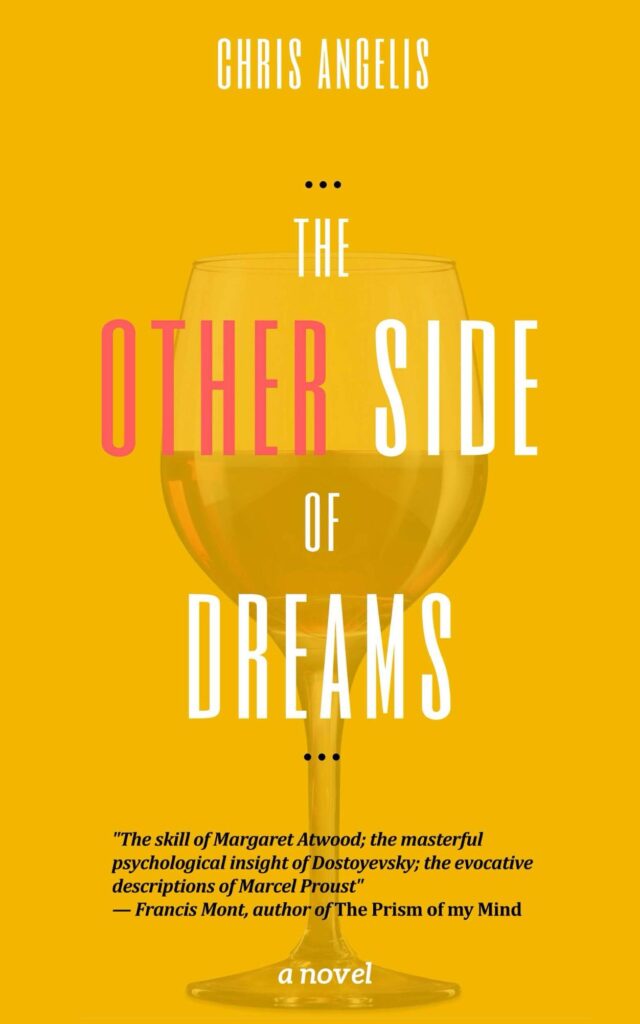I haven’t read much Chinese literature, so finding a library copy of A Yi’s A Perfect Crime seemed like a good choice for some casual afternoon reading. I discovered that A Yi worked as a police officer for a few years before becoming a writer, so a crime novel by a former police officer came off as promising. The description left little to imagination: a Chinese teenager decides to kill someone, and he murders a schoolmate of his. Subsequently, he leaves town.


